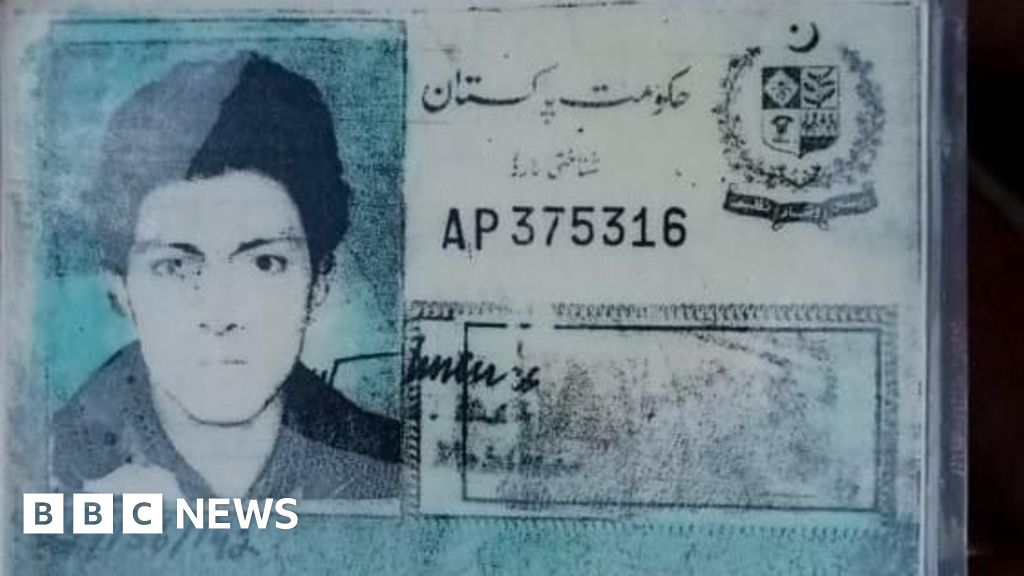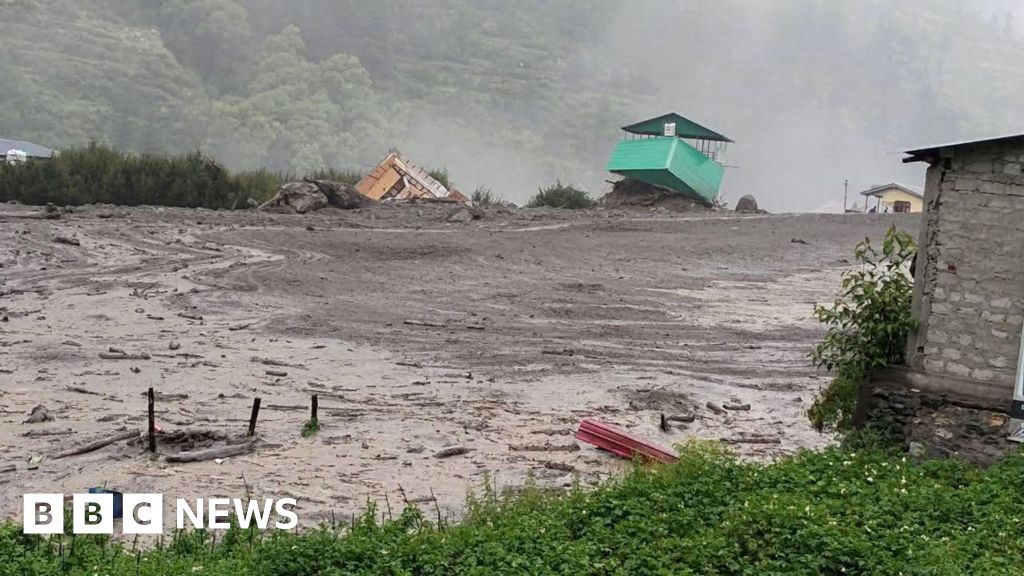Nuclear Bombings' Legacy: Japan Rethinks Peace.

Summary
- US dropped atomic bombs on Hiroshima (Aug 6, 1945) and Nagasaki (Aug 9, 1945).
- These attacks killed ~210,000 people and hastened Japan's WWII surrender.
- The bombings introduced the concept of mass destruction via nuclear weapons.
- Japan rebuilt Hiroshima with a peace focus, but its pacifist vow is now debated due to regional nuclear powers and rising tensions.
Overall Sentiment: ⚪ Neutral
AI Explanation
Eighty years ago, the United States dropped atomic bombs on Hiroshima and Nagasaki, resulting in the deaths of approximately 210,000 people by the end of 1945. These attacks are widely believed to have accelerated Japan's surrender, ending World War II and its expansionist policies. The bombings ushered in a new era of nuclear threat. While Hiroshima rebuilt with a focus on peace, and survivors advocate for nuclear disarmament, Japan's commitment to pacifism is being re-evaluated. With regional nuclear powers like Russia, China, and North Korea, and relying on the U.S. nuclear umbrella amid rising Pacific tensions, there's a growing debate in Japan about its pacifist stance as memories of the bombings fade.
Related Explanations

Hiroshima's pacifist legacy tested by regional nuclear threats
Europe Threatens Iran with UN Sanctions Over Nuclear Program

Hiroshima Commemorates 80 Years Since Atomic Bombing
Iran Threatens Nuclear Treaty Exit Over Potential EU Sanctions

North Korea Acknowledges 'Not Bad' Trump Ties, But Nuclear Stance Unchanged
Popular This Month

Trump Envoy Meets Russian Officials Amid Sanctions Deadline

Body Found in Melting Glacier After 28 Years

Flash Floods Devastate Uttarakhand, Over 100 Missing

Viral Video Exposes Pakistan's Struggle with Honor Killings


No comments yet. Be the first to start the discussion!